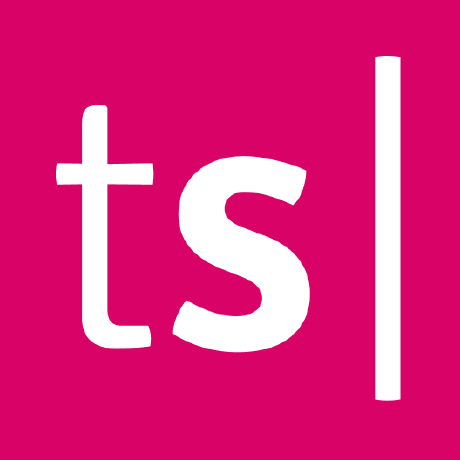Discover and explore top open-source AI tools and projects—updated daily.
trieve by  devflowinc
devflowinc
All-in-one platform for search, recommendations, RAG, and analytics offered via API
Top 17.7% on SourcePulse
Trieve is an all-in-one platform designed for developers to integrate search, recommendations, Retrieval-Augmented Generation (RAG), and analytics into their applications. It offers a comprehensive API and SDKs, with a focus on self-hosting and flexibility in model integration.
How It Works
Trieve employs a hybrid search approach, combining semantic vector search using OpenAI or Jina embeddings with Qdrant, and typo-tolerant neural sparse-vector search powered by naver/efficient-splade-VI-BT-large-query. It also supports cross-encoder re-ranking with models like BAAI/bge-reranker-large for enhanced relevance. Features like sub-sentence highlighting, recency biasing, and tunable merchandising are included to optimize search UX.
Quick Start & Requirements
- Installation: Self-hosting guides are available for AWS, GCP, Kubernetes, and Docker Compose. Local development requires Rust, Node.js (via NVM), and Yarn.
- Prerequisites: OpenAI API key (or other LLM provider via OpenRouter),
curl,gcc,g++,make,pkg-config,python3,python3-pip,libpq-dev,libssl-dev,openssl,postgresql-libs. - Setup: Local development involves cloning the repo, installing dependencies, setting environment variables (including LLM API keys), building Rust components, and running Docker services.
- Documentation: API Reference + Docs
Highlighted Details
- Supports semantic, full-text, and hybrid search with cross-encoder re-ranking.
- Offers RAG API routes with topic-based memory management or custom context selection.
- Enables bringing your own embedding, SPLADE, cross-encoder, and LLM models.
- Includes features like sub-sentence highlighting, grouping by file, and filtering.
Maintenance & Community
- Active development with a small, hands-on team.
- Community channels available via Discord and Matrix.
- Professional services are offered.
Licensing & Compatibility
- The project appears to be open-source, but a specific license is not explicitly stated in the README. Compatibility for commercial use or closed-source linking would require clarification on licensing terms.
Limitations & Caveats
- The README does not explicitly state the open-source license, which is critical for commercial adoption. Local setup instructions are extensive and may require significant time and system configuration.
1 month ago
1 day

 pengfeng
pengfeng denser-org
denser-org epsilla-cloud
epsilla-cloud superlinear-ai
superlinear-ai superlinked
superlinked daveebbelaar
daveebbelaar weiwill88
weiwill88 thinkany-ai
thinkany-ai elastic
elastic oramasearch
oramasearch lancedb
lancedb typesense
typesense